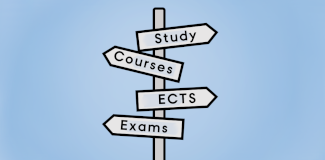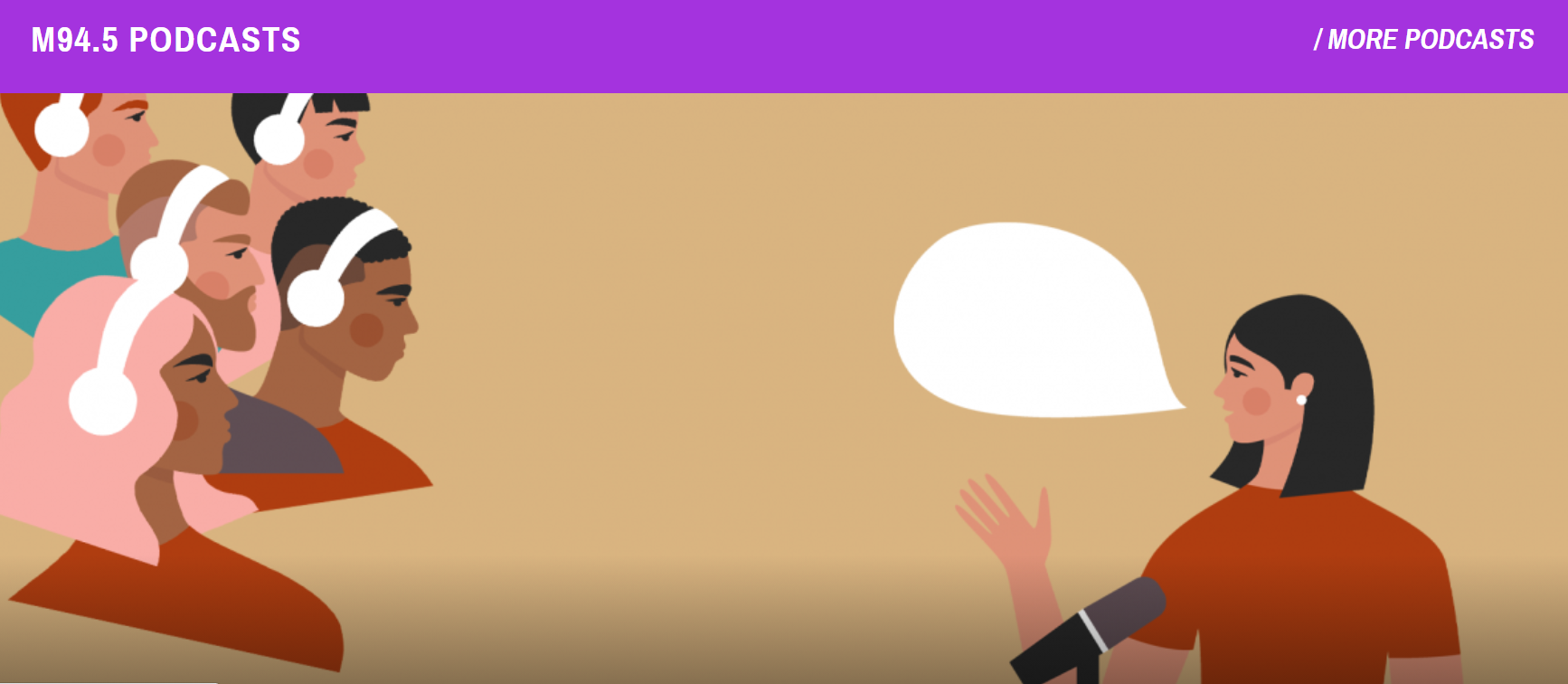Year 2: Specialisation in Munich
The Cultures & Contexts specialisation is offered at the Department of Media and Communication (IfKW) at the Ludwig-Maximilians-University of Munich (LMU). It is the highest-ranked German university in the annual Times Higher Education World University Rankings.
The LMU specialisation focuses on the global challenges of contemporary digital journalism by emphasising the diversity of journalistic cultures and contexts, the investigative practices of cross-border journalism, and comparative journalism research.
In particular, students are introduced to comparative theories and methods that address variations in media systems, journalism cultures, and news organisations. Through innovative research methods that align with a global approach – that is, looking beyond Europe and beyond the Western world – we focus on societal, market, and technological issues. For instance, the contested legitimacy and relevance of journalism, the safety of journalists in Western and non-Western societies, economic pressures on business models, and digital collaboration across borders.
More specifically, the Cultures & Contexts specialisation addresses these issues in the following ways:
- Societal issues: Different contexts produce different forms of journalism. In many scenarios, journalism’s relevance, which is linked to its legitimacy as a democratic force, is increasingly questioned. As a result, journalists are increasingly under attack and fear for their safety in both Western and non-Western societies.
- Market issues: Just as national economic environments differ widely, so do journalistic business models. They range from purely commercial and revenue-based systems to systems dependent to varying degrees on state funding and public subsidies.
- Technological issues: Reporting on transnational issues requires technologies that allow long-distance collaboration between journalists and the maintenance of an international network of sources. Tools and software are an essential part of cross-border journalism, and ultimately shape the practices and mindsets of practitioners.
Overall, the specialism offers a variety of conceptual approaches and methodological procedures for the analysis of journalism and media across societies and cultures. At its core, the programme combines a comparative perspective with instruction in innovative research designs and data collection techniques (e.g. Qualitative Comparative Analysis, large-N comparative studies, and Multilevel Modelling) to allow a better understanding of journalism in a global world.
The specialisations in Totalitarianism & Transition and Crisis & Conflict offer more practical journalism training. The specialisations in Politics & Communication and Cultures & Contexts are instead more theory-oriented and focuses on substantive issues and empirical research analysing the content, production, and effects of journalism and other forms of communication.
A research-oriented and vibrant study environment
Besides deepening and broadening academic knowledge and social science research skills, the Cultures & Contexts specialism offers hands-on experience as part of a cross-border journalism course. In cooperation with the German School of Journalism (DJS), students team up with professional instructors and analyse projects such as those by the Global Investigative Journalism Network (GIJN) and the International Consortium of Investigative Journalists (ICIJ), and actively work on investigative projects.
As a student in Munich, you will meet academics who are passionate about their research and involved in numerous international research projects including the Worlds of Journalism Study, which was initiated in the Department in 2010 to assess the state of journalism throughout the world. You will find yourself within a well-connected network of lecturers and professors who continuously pursue excellence in teaching and research.



